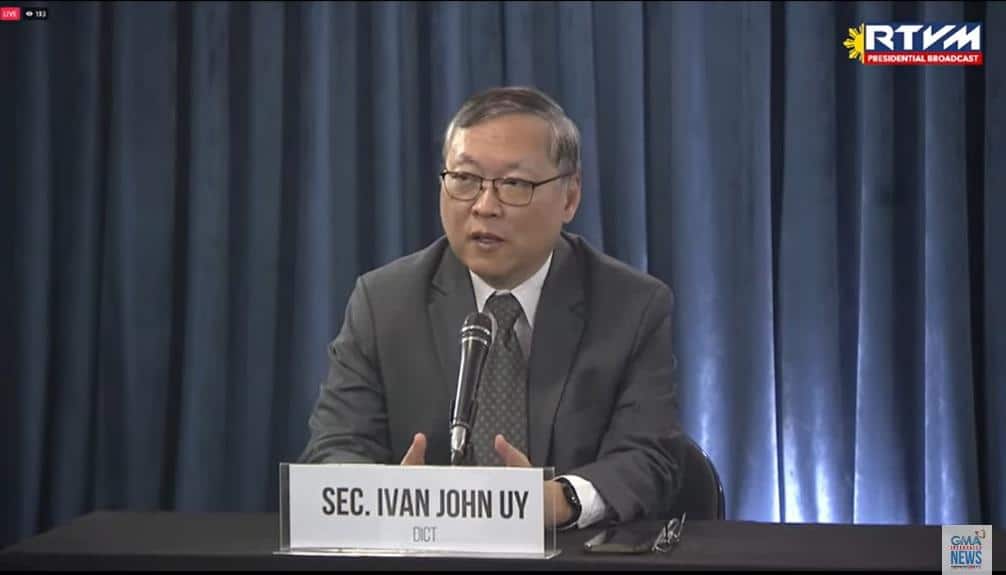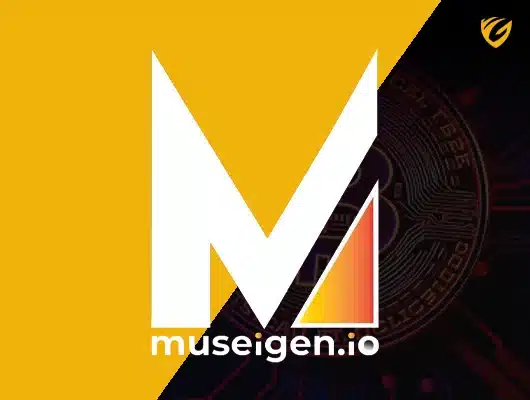DICT Steps Up Efforts Against Abuse of AI Tools
The Philippine government is intensifying its efforts to combat the misuse of deepfake technology and generative AI tools, which have become a global issue of concern. According to Department of Information and Communications Technology (DICT) Secretary Ivan Uy, the country is actively identifying and addressing AI threats, labeling them a “scamdemic” that has surpassed drug-related activities in profitability for cybercriminals.

Global Concerns and Regional Cooperation
Uy highlighted that scams utilizing AI are widespread, with countries like Singapore experiencing significant per capita losses due to these scams. “The scams are pervasive all over the world,” Uy stated during the inaugural broadcast of “Malacañang Insider” on state-run PTV-4. He noted that during ASEAN ministerial meetings, countries collectively raise these concerns. Thailand and Singapore are particularly affected by scams involving deepfake technology, which manipulates voice, video, and photo content to deceive individuals.
One of the significant risks posed by deepfake technology is its potential misuse in the electoral process. Uy warned that unscrupulous individuals might use deepfakes for political gain, especially close to election dates, making it difficult for affected individuals to refute false statements attributed to them. This problem is not limited to developing nations but is also a concern in first-world countries like the United States.
Legislative and Policy Initiatives
To combat these cyber threats effectively, the DICT is advocating for the creation and implementation of robust policies and laws. Uy emphasized the need for comprehensive legislation rather than fragmented laws addressing specific issues like anti-scam, anti-misinformation, and anti-deepfake activities. “We need a new law. Actually, I think we need to have a more comprehensive law rather than bits and pieces of registration that addresses small items of specific items,” Uy stated.
Learning from Regional Efforts
Uy cited Malaysia as an example of a country that has enhanced efforts to fight deepfakes and misinformation by imposing penalties and increasing government regulation. Malaysia requires licenses and permits for social media platforms, a step towards better managing the digital landscape and reducing the impact of malicious AI usage.
The Philippine government’s proactive stance against the abuse of AI tools highlights the urgent need for comprehensive legislation and regional cooperation. As AI technology continues to evolve, so do the strategies of cybercriminals, necessitating constant vigilance and adaptation by governments worldwide. The DICT’s initiatives aim to protect not only national security but also the integrity of democratic processes, ensuring a safer digital environment for all.



